Both those statements are correct, but to me they sound as if they were written by a millennial with no understanding of how Black Friday came about or the significance of the name. No, it is not an American tradition handed down over a few centuries and finally officially recognized. Neither the event nor the name has national or religious ties, unless you consider avarice as a religion.
That’s not what happened.
Oh, wait! This blog is not timely. If you are reading this at all, you’ve probably completed your Black Friday activities for the year. Why should you care?
IN THE BEGINNING
The term “Black Friday” is used in several contexts, the first dating back to the US financial crisis of September 24, 1869, when the U.S, gold market collapsed. After that "Black Whateverday" became a buzz word to denote financial downturns of large scale.
When I looked up the black days, these economic crises seem too frequent for comfort. Scary! The list is long but "Black Monday," October 19, 1987, and "Black Tuesday," October 29, 1929, stand out among the many.
The Financial Crisis Black Friday September 24, 1869 Black Monday, October 29, 1929
Photo Sourceamazon.com/Contemporary-American-Engraving Photo Source: crushthestreet.com/black-day-week
By the mid 20th century, the term “Black Friday” had come to mean “Anything Bad That Happened on a Friday”. There are any number of opinions and stories about the origins of the Black Friday phenomenon in the latter half of the 20th and the beginning of the 21st centuries.
Nancy Koehn writes, "In the 1950s, some factory managers referred to the day after Thanksgiving as "black Friday" because so many workers called in sick. The day, noted one industrial magazine, 'was a disease second only to the bubonic plague' in its effect on employees.'"
Koehn, Nancy F. "The History of Black Friday." Marketplace Commentary, American Public Media, November 25, 2011.
The most sources believe that somewhere in the mid 1950s the Philadelphia police began to refer to the last weekend in November as "Black Friday". It didn’t take long for the retailers to chime in.
Verbal history has it that the term for the day after Thanksgiving was coined by the Philadelphia Police Department in 1966--and not as a term of endearment. That day was the official opening of the Christmas shopping season and usually brought massive traffic jams, over-crowded sidewalks, a rash of shoplifting, crowded buses, and general chaos.
Philadelphia, Black Friday 25, 1966
An article by Laura Rosenfeld suggests the confusion was exacerbated by the annual Army-Navy football game on the last weekend of November. “Philadelphia police officers and retail employees loved Black Friday back then probably as much as they do now, which is probably not at all.” techtimes.com/history-of-black-friday
When Philadelphians got wind of the trend, they didn't like it. [I’ll bet it was the Chamber of Commerce, although no one at all says that. Just my guess.]
Fearing the negative phrase, being connected with large crowds, traffic jams, and petty theft, would discourage shoppers, an attempt to change the term to “Big Friday” didn’t catch on. Instead, “Black Friday” spread quickly to other parts of the United States.
AMERICAN INNOVATION SAVES THE DAY
By the 1970s the term was in use around the US and by the 1980s unrest settled in among small and big merchants alike. Needless to say businesses, malls, Chambers of Commerce, and City Mayors did not like the term at all. But when it comes to making money, we shall overcome.
Innovative business people that we are, someone pointed out that the end of November was the point in the year when retail businesses, which traditionally operated at a loss or “in the red”, began to make profits and operated “in the black.”
Once this strategy was employed and marketed, both merchants and shoppers followed with open arms. Enough generations had passed and no one, thanks to the school system, seemed to remember the original usage came from 19th century financial disasters.
“Black Friday” was embraced by all. Kudos, Wall Street.
Even though it may be touted as the busiest shopping day of the year, marketing studies and Snopes.com show the day after Thanksgiving as being only one of the top six or seven biggest shopping days of the year. Black Friday has only risen to the top of the retail sales revenue pile a few times.
THE NEW NORMAL: What to Expect
Now we face a new dilemma. Covid 19. Big crowds aren’t “in” right now. And American companies are coming up with a different approach to what is still being called Black Friday.
You’re already aware that stores are starting early and offering special sales and holiday deals from October until December 25. But there are some changes to expect.
● Stores Closed on Thanksgiving
Walmart stores and Sam’s Club will be open their normal hours the day before Thanksgiving, but closed Thanksgiving Day. Then open again on Friday, October 27.
Target hosted “Deal Days” mid-October and their lowered prices will probably still be in effect on the day after Thanksgiving. They will also be closed on Thanksgiving.
Home Depot, Macy’s, and other major retailers will also be closed on Thanksgiving Day.
● On-line buying
We are already familiar with on-line buying, but it’s bound to be bigger than ever this year when people don’t want to be out in crowds. With greater volume, you can expect slower speeds and more technical glitches than last year.
● Curbside pickup
Curb-side pickup is here to stay, at least for a while. Miller Kern writes on mashable.com/shopping, “One of the biggest shopping changes to come about during the COVID-19 pandemic is the surge of curbside pickup options. Black Friday will be no different.” Kern also suggests we may be looking at lottery systems in the future where you win or purchase a time slot.
● New Technology Takes Hold
Technology is the future of retail buying and Black Friday. Within a few years we may be looking at QR Code scanning and Virtual reality.
No one knows for sure, but that will happen on November 27, 2020, seems predictable given the virus circumstances.
HANDWRITING ON THE WALL
The year 2020 will set the stage for the future -- and most likely, the demise -- of Black Friday as was practiced during the first decade of the 21st century.
Already the connection between the financial disasters of 1869, 1929, and 1987 and the term Black Friday is weakened. When you use the phrase today, most people will identify it with the mass sales the day after Thanksgiving and chaos Christmas shopping.
Photo source: distractify.com/p/black-friday-fights Image Credit: John Minchillo Photo source: hoskinsandturco.com/blog Photo Source: corporate.target.com/target-shoppers
Sales in store already start much earlier and cover several months before the month of December. On-line shopping had created its own days for sales. It won’t take long before the start of the holiday shopping season is detached from Black Friday or any other specific date.
I predict that within ten years the term will drop into the category of folk lore. At least, it won’t be on the retailer’s banner any more.
Next, it will be malls that become obsolete. As an urban planner, I’ve always felt the planning profession missed the boat by not giving much greater consideration to reuse of malls when they pass their prime. Some will survive, of course, but many won’t. It’s been happening for years now.
I’m a little early for holding a funeral for Black Friday. I’ll be back for that in a few years.
Just Sayin’
□
Resources:
2020
https://mashable.com/shopping/black-friday-2020-future-predictions/
https://www.techradar.com/news/black-friday-deals-2019
https://www.hbs.edu/news/releases/Pages/koehnblackfriday.aspx
https://www.cnbc.com/2020/10/02/black-friday-is-over-heres-why-retailers-are-touting-weeks-of-deals.html
https://www.theblackfriday.com/what-is-black-friday.shtml
https://www.hbs.edu/news/releases/Pages/koehnblackfriday.aspx
https://www.marketplace.org/2011/11/25/history-black-friday/
https://www.crushthestreet.com/articles/precious-metals/black-day-week-started-gold-friday
Photos only:
https://www.hoskinsandturco.com/blog/the-deals-and-dangers-of-black-friday-five-most-insane-injuries/
https://corporate.target.com/press/releases/2014/11/target-shoppers-nationwide-score-doorbusters-as-bl
https://www.distractify.com/p/black-friday-fights
Previously used references:
http://www.techtimes.com/articles/20879/20141125/history-of-black-friday.htm
http://philadelphia.cbslocal.com/2011/11/25/the-little-known-philadelphia-origins-of-black-friday/
http://www.philly.com/philly/...Black_Friday_started_in_Philly.html%20-
http://en.http://en.wikipedia.org/wiki/Black_Friday_(shopping)wikipedia.org/wiki/Black_Friday_(shopping)
http://www.techtimes.com/articles/20879/20141125/history-of-black-friday.htm
http://www.marketplace.org/topics/life/commentary/history-black-friday
http://www.pbs.org/wgbh/americanexperience/features/general-article/grant-black-friday/
http://www.vocabulary.com/articles/wordroutes/the-origins-of-black-friday/
https://blackfriday.com/pages/black-friday-history
http://mentalfloss.com/article/31581/brief-history-black-friday
http://www.todayifoundout.com/index.php/2010/11/black-friday-is-not-the-biggest-shopping-day-of-the-year/
http://www.snopes.com/holidays/thanksgiving/shopping.asp
□
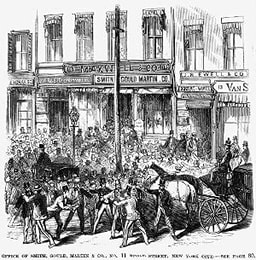
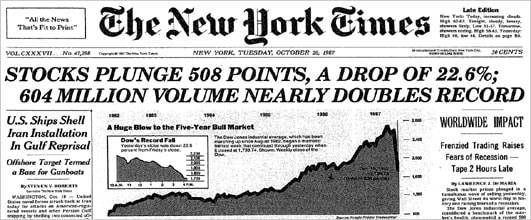
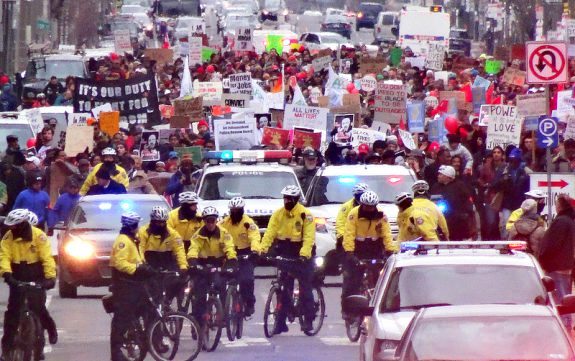

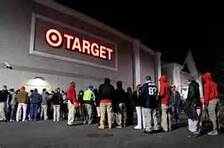
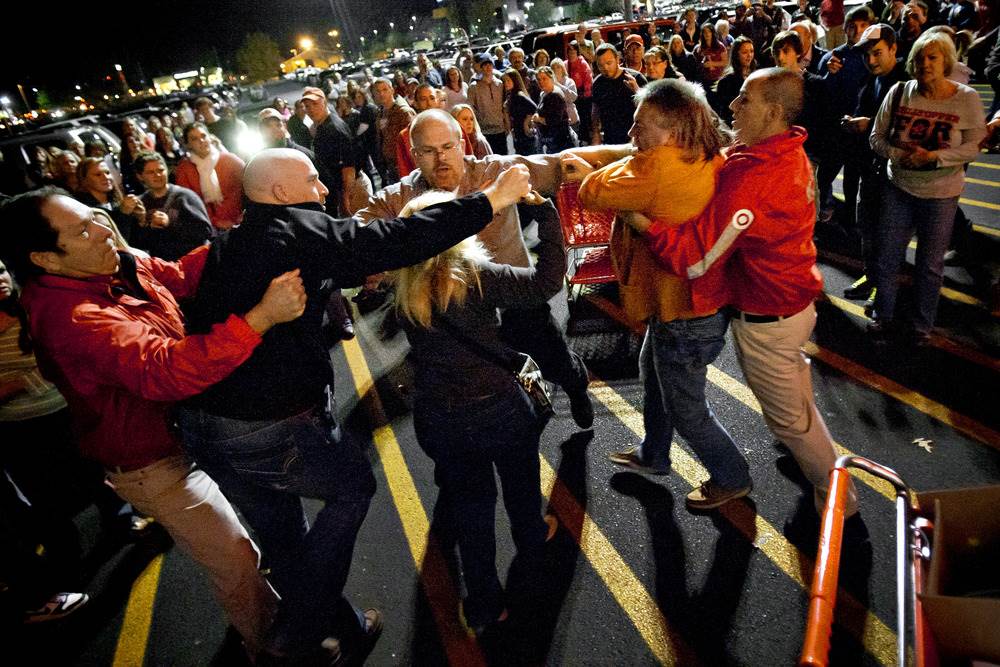





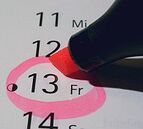


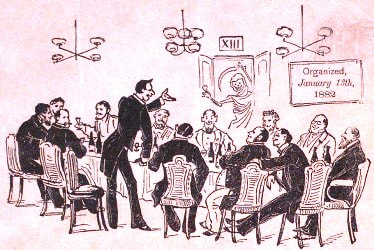

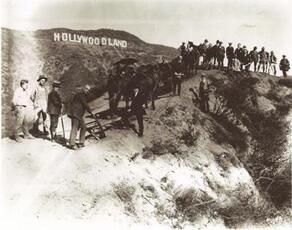

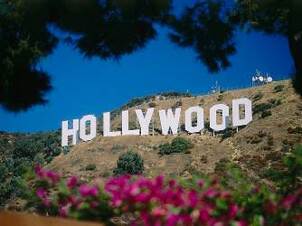
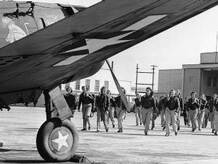

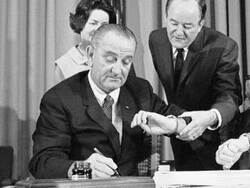
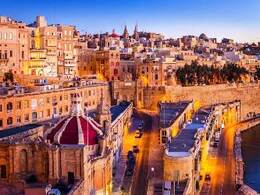


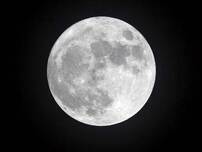


























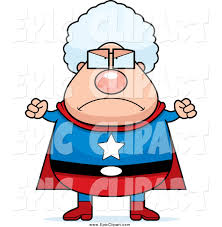


















 RSS Feed
RSS Feed